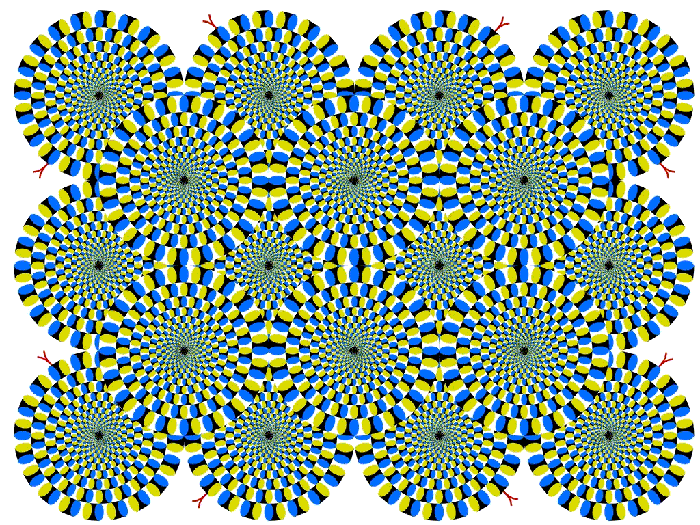The textbook recommendation below comes with some background. I have taught Psychology since 1987 and A.P. Psychology since 1992 (second year of course). During that time, I have used a variety of texts, including
Exploring Psychology, Psychology and You,
Exploring Psychology, multiple editions of the Myers
Psychology text, Ludy Benjamin's intro text from the mid-90s and the second edition of the Wade and Tavris text. I currently use the Dennis Coon text Psychology: A Journey as my regular psychology text and his college text for my current AP course.
A few weeks ago, I asked the readers of this blog for info on their favorite textbooks, but neglected to share my own views about my favorite and current AP Psychology text,
Introduction to Psychology: Gateways to Mind and Behavior by Coon and Mitterer, 11th Edition. The publisher is Thomson/Wadsworth. The book has 700 pages including an appendix on statistics.
While there are a few concepts that the book omits, it has really cut down on my handouts--so many things that I used to use as supplements, I now have within the text itself--it's almost as though the authors got inside my head and asked me what I wanted within the text. The arrangement of and coverage of the content is pretty similar to most texts with the text finishing with a chapter on applied psychology.
The level of the text is at a semi-difficult level for my students. My kids range from the college-bound top-ten student to the community college student without the grades to get into a four-year university. Some use it with ease, and others have to work pretty hard to understand it-I have a large range of abilities.
The teacher's ancillaries are weak compared to Myers, but everything is on a few CDs and I can edit at will on the handouts, objectives, vocabulary, etc. The test bank has 200-700 multiple choice questions per chapter, which allows me many options-the test generator is ExamView, which I've grown quite fond of over the years.
I would recommend the text as a reference text for a new teacher, but with the lack of extras, such as the "Bold Manual" that comes with the Myers books, I would say that this is a book for veterans rather than newbies to teaching AP Psych. That said though, I really, really like the book.









































 The website for the Anxiety Disorders Association of America (ADAA) includes basic information about the various anxiety disorders. Make it a point to check out the "Understanding Anxiety" section which includes information on the symptoms, treatment and research for each disorder. Also, make it a point to read through the personal stories in the "Living with Anxiety" area.
The website for the Anxiety Disorders Association of America (ADAA) includes basic information about the various anxiety disorders. Make it a point to check out the "Understanding Anxiety" section which includes information on the symptoms, treatment and research for each disorder. Also, make it a point to read through the personal stories in the "Living with Anxiety" area.



